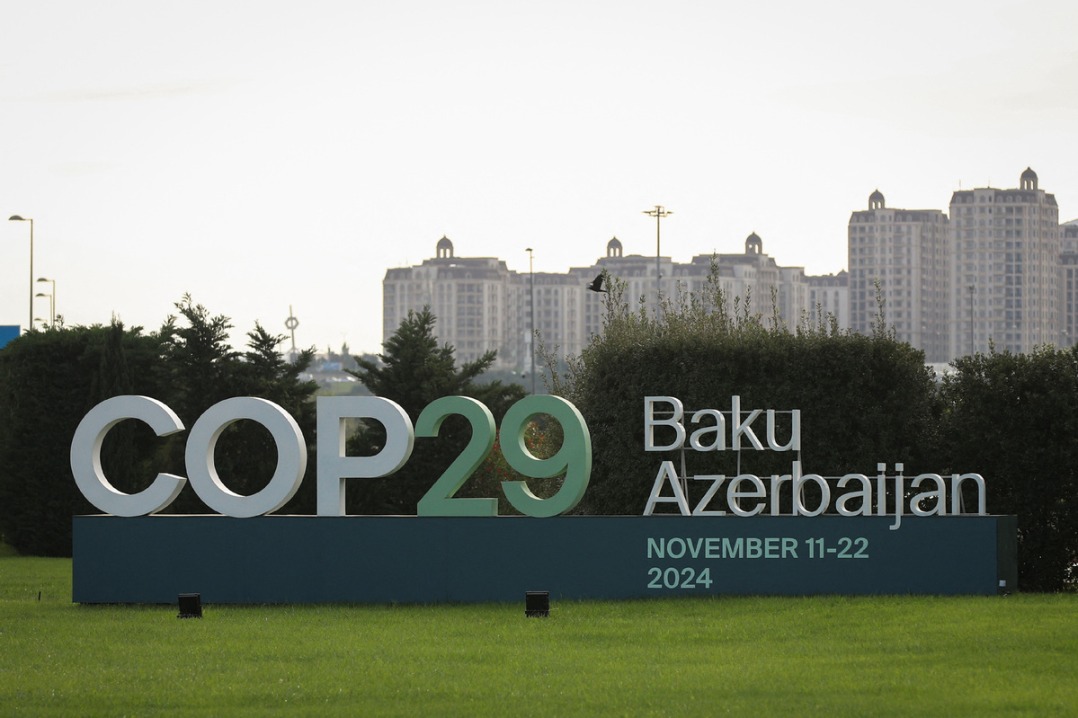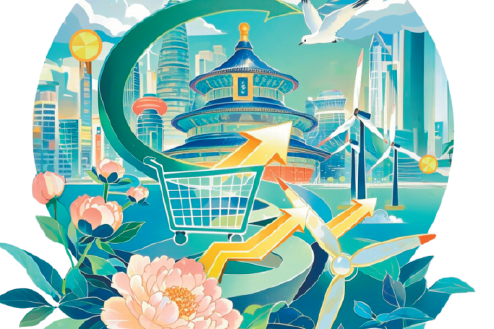Do we still need the G20?


The G20 remains an important platform for dialogue between major countries and a banner of multilateralism in today's world. It should play a bigger role in global economic governance.
The G20 summit was born in the wake of the 2008 global financial crisis. A platform for dialogue between major economies on an equal footing, and a reflection of the spirit of multilateralism and solidarity, it played a crucial role in bolstering post-crisis global recovery.
Since then, the G20 has held 18 summits, covering an increasingly broad range of topics, including macroeconomic policy coordination, reform of the international financial system, development, trade and investment, energy, climate change, and digital economy.
However, as time passes, a lack of progress emerges in some key areas of G20 cooperation, such as the reform of international financial institutions, which prompts people to question the efficiency of G20 coordination and the delivery of its outcomes. Some start to ask: do we still need the G20?
The most representative platform for global economic governance
The G20 brings together major developed and developing countries and keeps a balance of representation of all continents in the world. Combined, its members account for about 85 percent of the global economy, two-thirds of the world's population and 80 percent of global trade. No other multilateral dialogue platform carries such weight in international economics. This unmatched representation underpins the G20's pivotal role in global economic governance.
"The premier forum for international economic cooperation"
The Pittsburgh Summit in 2009 defined the G20 as "the premier forum for international economic cooperation," and this remains the most widely endorsed definition of the mechanism. The 2024 Kazan Declaration of BRICS, a prominent platform of the Global South, also recognizes "the key role of the G20 as the premier global forum for multilateral economic and financial cooperation."
The G20 discusses the most pressing issues of international economic cooperation. It is an important driving force for the reform of the Bretton Woods institutions and at the same time, provides political guidance and support for international cooperation in climate change, green transition, sustainable development, artificial intelligence and other new frontiers that concern the global economy.
An inescapable responsibility to address global challenges
The G20 was born as a crisis-response mechanism. Today, it is expected to play a role in addressing new global challenges.
Currently, the world economy faces growing downside risks. Donald Trump's return to the White House has raised uncertainty for the global economy and reignited fears of unilateralism and protectionism across the world. At such a moment, we need the G20 to continue its macroeconomic policy coordination to maintain international financial stability and boost confidence in global growth.
In terms of the reform of the Bretton Woods institutions, the progress made in recent years, though limited, is also proof of the indispensable role of the G20. The G7, accounting for 13 percent of the world's population, holds 59 percent of the votes in the World Bank and the International Monetary Fund. We need the G20 to step up relevant reforms to further increase the voting power and voice of developing countries. At the same time, major powers must coordinate their positions and actions in emerging areas such as the digital economy, and the G20 is the best platform for communication and dialogue.
China's commitment to G20 cooperation
As an important member of the G20, China has played an active and constructive part in global economic governance and contributes to global economic growth by promoting sustainable development and innovative thinking, including within the G20 framework.
As the largest developing country, China champions development as the top priority both domestically and internationally. It is actively implementing the Global Development Initiative, designed to accelerate actions to achieve the UN 2030 Agenda for Sustainable Development, and calling for broader participation by G20 members. It has also put forward a series of constructive proposals and measures on reform of the international financial architecture, trade and investment liberalization and facilitation, and sustainable development, intending to foster stronger growth momentum and make global economic governance more equitable for the Global South.
Do we need the G20? The answer is yes, we need it more than ever.
Global challenges must be met through the practice of genuine multilateralism. It is high time for the G20 to uphold the spirit of solidarity and cooperation, better harness its own strengths, promote international economic cooperation, and improve global economic governance. China will continue to work with all parties openly and inclusively to make a greater contribution to global recovery and development and prosperity across the world.
The author is a commentator on international affairs, writing regularly for Xinhua News, Global Times, China Daily, CGTN etc. He can be reached at [email protected].

































